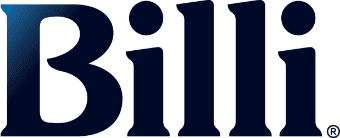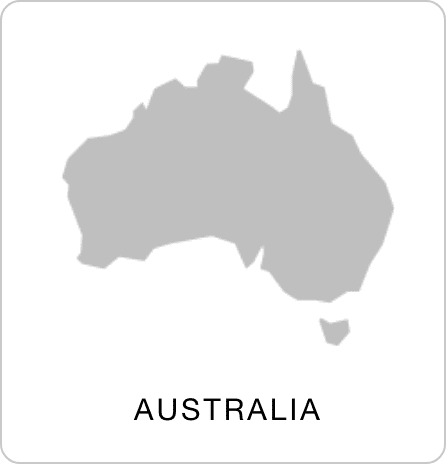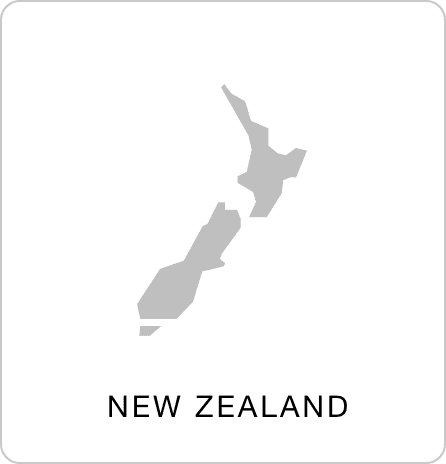Newest
Popular
Products
Can’t find what you are looking for, please call 1800 812 321 or email us on info@billi.com.au
Billi Media
Understanding Certification and Compliance for Drinking Water Systems in Australia – GOOD. BETTER. BEST.
Drinking water is an essential component to human health so it is important to ensure the safety and reliability of systems used to deliver water for human consumption. Sub-standard drinking water systems not only put occupants and the community at risk, but they can also be expensive to repair or replace in the event of a product failure. Furthermore, companies who are involved in the project risk damage to their reputation by delivering low quality solutions that fail to meet the needs of end-users.
Choosing the right drinking water system is not always easy. The regulatory landscape for drinking water is complex – from mandatory schemes and standards that determine the minimum performance of products, to sustainable or industry-led certification programmes that take a broader view of a product’s health and environmental impact. There are also ongoing efforts to design ‘greener’, more sustainable buildings, requiring products to meet increasingly stringent standards for efficiency and performance.
Designers and specifiers need a detailed understanding of how compliance and certification works in the drinking water industry to identify solutions that meet project objectives for performance, accessibility and sustainability. Given the mix of mandatory and voluntary standards for the performance of drinking water systems, an easy way to evaluate products is by using a “good, better, best” approach:
- Good represents products that meet the basic standards for drinking water systems in Australia;
- Better is the category for products that exceed the basic standards in terms of functionality, performance, sustainability or accessibility; and
- Best are industry-leading products that go above and beyond to achieve higher certification under recognised sustainability or environmental certification programmes, backed by the manufacturer’s broader commitment to social and environmental responsibility.
While most products claim to be compliant, being certified should be seen as a step above, because certification is provided by a third-party entity.
Certification provides assurance that an accredited third-party certification body has evaluated the product against the appropriate standards and codes, providing greater peace of mind for all involved.
Setting a higher standard with Billi
Billi is at the forefront of innovation and continues to expand their diverse catalogue of stylish, high performance and sustainable filtration products. All Billi operations are grounded in a strong, future-oriented sustainability focus. Billi has been GreenTag certified since 2014, and has since continued to hone its progressive, innovative approach to green design.
Billi has recently joined the International WELL Building Institute (IWBI) as a cornerstone member. IWBI nurtures collaboration with organisations who are leading the global movement to advance human health in buildings and communities. Billi can tap into IWBI’s expansive resources and work alongside other WELLfocused organisations that are similarly committed to transforming the built environment and enhancing health and wellness.
Every Billi drinking water appliance is manufactured under a certified quality control system. All Billi commercial range models have been tested and comply with all required standards and more, including:
- Watermark
- WELS
- ISO 9001
- HACCP
- AS/NZS 4020
- AS 1428
- Gold Level Global
- GreenTag
- International WELL Building Institute Membership
CONTINUE READING ARCHITECTURE & DESIGN WHITEPAPER FLIPBOOK
CATEGORIES
ARCHIVES
- May 2025
- April 2025
- March 2025
- February 2025
- January 2025
- December 2024
- November 2024
- October 2024
- September 2024
- August 2024
- July 2024
- June 2024
- May 2024
- April 2024
- March 2024
- February 2024
- November 2023
- September 2023
- June 2023
- April 2023
- March 2023
- January 2023
- December 2022
- November 2022
- October 2022
- July 2022
- June 2022
- April 2022
- March 2022
- January 2022
- December 2021
- November 2021
- October 2021
- September 2021
- August 2021
- July 2021
- June 2021
- November 2020
- June 2020
- February 2020
- January 2020
- November 2019
- October 2019
- September 2019
- July 2019
- April 2019
- March 2019
- February 2019
- November 2018
- May 2018
- February 2018
- October 2017
- May 2017
- January 2017
- October 2016
- September 2016
- April 2015
- March 2015
- November 2014
- October 2014




